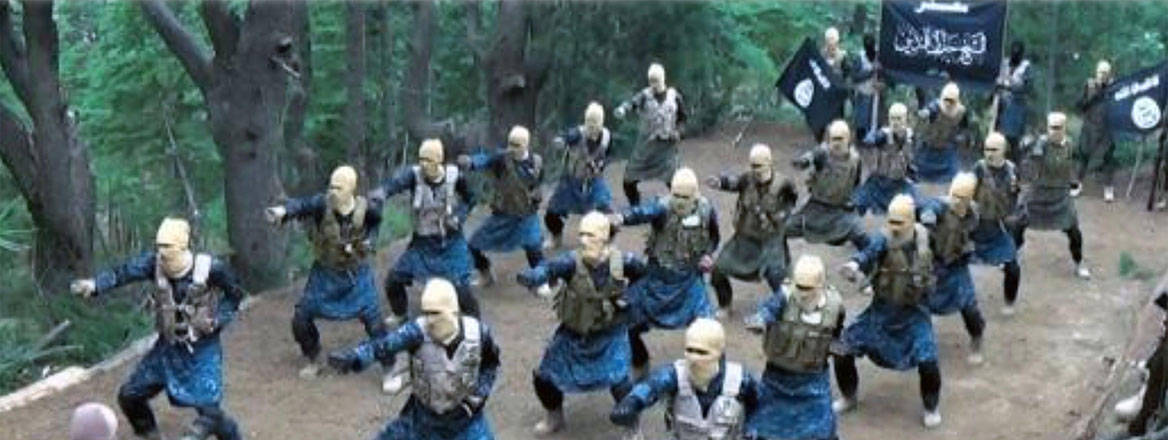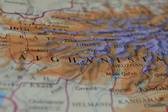Preventing and Countering Violent Extremism in Sensitive Environments
STRIVE Afghanistan Practitioner Summary
Since 2019, STRIVE Afghanistan has delivered a programme to Prevent and Counter Violent Extremism (P/CVE) in an environment that has been severely impacted by conflict. Implementation of on-the-ground activities commenced in Kabul and Jalalabad against the backdrop of a major terrorist campaign in Kabul and sporadic attacks in Jalalabad. Activities included a mentorship programme focused on university students who had been assessed to be particularly vulnerable to the recruitment efforts of Violent Extremist Organisations (VEOs), given that university campuses were known to be sites of radicalisation. STRIVE Afghanistan also intended to work with the previous Afghan government to support its efforts to understand and effectively respond to the threat of violent extremism. This, however, never materialised: the government became increasingly preoccupied with the 2019 presidential elections and faced internal tensions in regard to implementing its own P/CVE national action plan. At the same time, its capacity to respond was diminished by mounting pressure from Taliban insurgents.
From August 2021, as the Taliban took control of the capital and established themselves as the de-facto government, it became even more complex to deliver against the programme’s P/CVE objectives. Engaging with the Taliban was not possible, including in relation to conventional P/CVE approaches.
This situation prompted the STRIVE Afghanistan team to innovate and adapt to take into account the changing context. The fact that the main VEO operating in Afghanistan at this point, Islamic State in Khorasan (IS-K), was expanding its online recruitment campaign provided new opportunities for impactful intervention. The STRIVE Afghanistan team therefore decided to focus on disrupting the social media operations of IS-K, especially those targeting the identified at-risk group of Afghan university students. With IS-K’s parent organisation – the Islamic State and its ‘caliphate’ – suffering years of steady decline and a series of catastrophic defeats, there were openings to undermine the group’s narratives. Significantly, this intervention could be completed without any presence on the ground in Afghanistan and could respond to a changing array of contingent factors and circumstances.
The STRIVE Afghanistan team also explored avenues to indirectly engage with the de facto authorities in Kabul, testing ways to advance P/CVE efforts through potentially influential actors that are nevertheless external to the Taliban regime.
Related Practitioner Summaries
Project sponsor
Funded by the European Union
The research on which this summary is based was funded by the European Union. The contents are the sole responsibility of the authors and do not necessarily reflect the views of the European Union. The European Union holds full copyright for the text of this summary.








